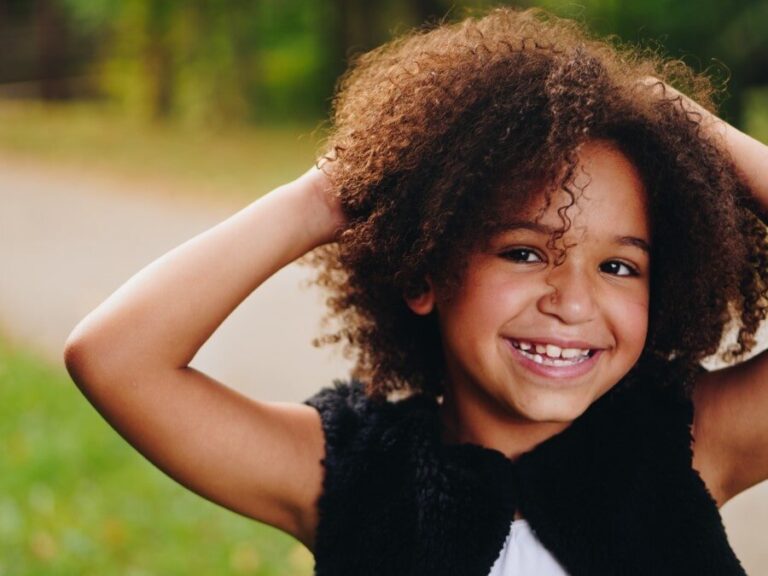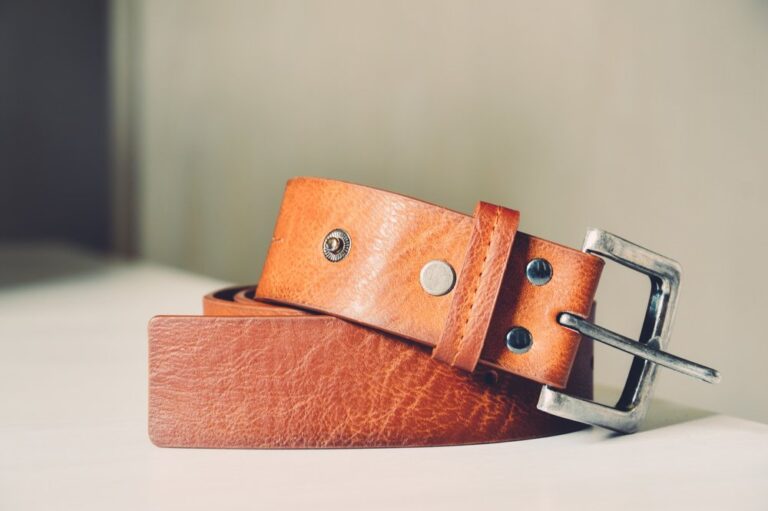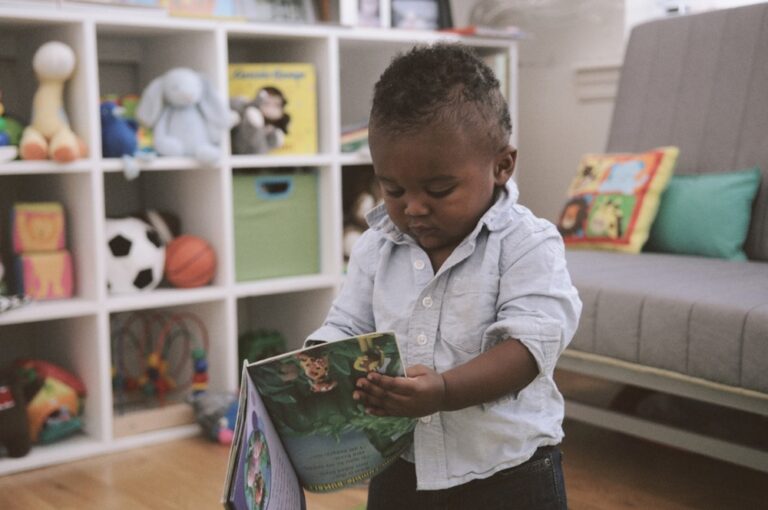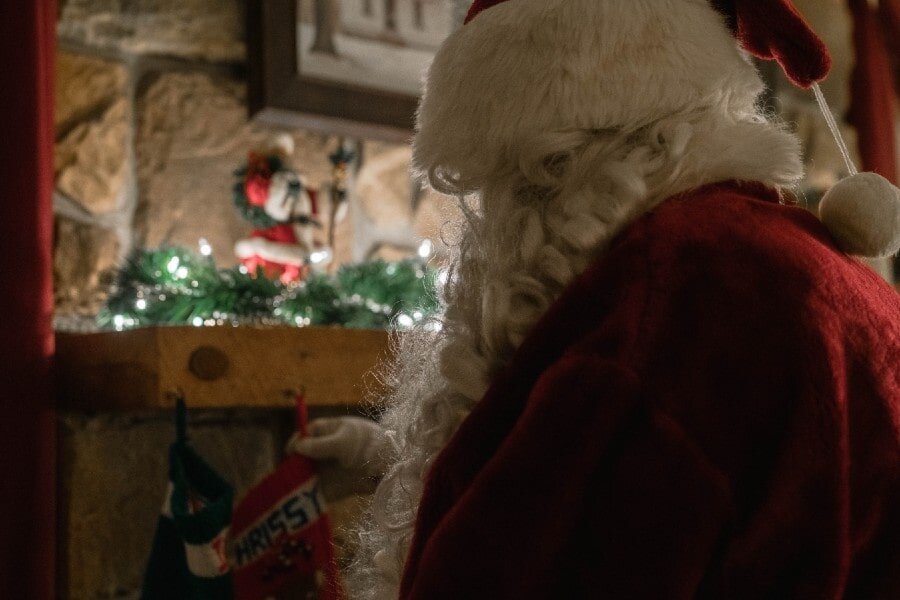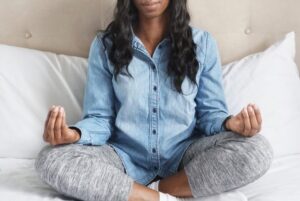I remember hearing about the Central Park Five story in the late 2000s. There was a PBS documentary about the case and in true form, I Goggled everything I could after watching it.
In 1989, five teenagers—Korey Wise, Yusef Salaam, Raymond Santana, Antron McCray, and Kevin Richardson—were wrongfully convicted of raping a woman. The teens received sentences ranging from five to 15 years, and their convictions were vacated in 2002 after another man who was already in prison for similar crimes confessed to the attack.
When this documentary came out my son (whom I refer to as Brown Boy online), was 9, almost 10. I remember earlier that year, after the murder of Trayvon Martin, I started to look at my son differently, knowing that it would be my job to teach him how people outside of the Black community may look at him.
So when I found out that Ava DuVernay was making a film about this same case, I knew the only way I could watch When They See Us, the only way I should watch it, is with Brown Boy sitting next to me.
He is now 15. Last December, on his 15th Birthday, we went to the DMV so he could get a state-issued ID. It was time for him to start carrying ID. It was time for us to have “the talk” again.
Not a talk about sex—the talk about what to do when a police officer comes towards you.
We had had these talks before, but now it was different. We had these talks before, but the rules are different for 15-year-old Black boys who stand at 5’9”. I needed him to know this.
Brown Boy was away at my grandmother’s, his great-grandmother, when the film came out. When he got home Sunday afternoon, I told him I wanted us to watch this movie together.
“What is it about?” he asked.
“These Black teenagers who get locked up for something they didn’t do.”
In true teenage form he protested, telling me how he didn’t want to watch it and how he has to deal with stuff like this in real life.
I reminded him that this too was real life, that this all happened to these boys in real life. I explained why it was important that we sit together and watch. That we have to learn our stories, so we can continue to share our stories.
“Old Lady tells you things that she remembers so that you can remember,” I said, reminding him of his great-grandmother’s stories. “That is how we are able to keep going. This is how we keep our stories alive.”
He agreed but declined my invitation to sit next to me on the sofa. He told me he didn’t want to sit next to me because he was already angry. (Honestly I think it was because he was angry at me.)
As we sat and watched the first episode, I could see the shift start to happen. His facial expressions, alternating from disgust to sadness to fear to anger. His arms folding and unfolding. He would get up to grab water or run out the room saying he needed a bathroom break.
He had tears in his eyes and his hand was balled up into a fist… “They were only 15!
I was worried that this was too much for a 15 year old to handle. Was I being too pushy forcing him to watch it? I remember thinking to myself, Nikki, he’s 15. Some adults can’t even watch it.
But then I remember these children, these boys, this story…they were 15 when it all happened.
While watching the episode he would yell out things to the television, yell out things to me.
“Why is the father making him lie?” and “Why is this white lady acting like this?” and “Why is this happening?”
The one that stood out the most was Raymond, the only Hispanic boy in the group. During the police interrogation, his Abuela, who spoke no English, was in the room asking questions. This limited the type of conversations the police could have with Raymond because, everything had to be translated. So, they asked her to leave. As she got up, Brown Boy looked at me and said, “If something like this happens to me don’t leave me with them. Don’t ever leave me alone with them.”
We watched and watched and finally approached the end of episode one.
I looked at my son.
My sweet, dear, Black 15-year-old son.
He had tears in his eyes and his hand was balled up into a fist.
I asked him if he was okay. I asked him what was wrong.
He looked at me and said, “They were only 15!”
I told him to come sit next to me and he fell into my lap, yelling and screaming and crying.
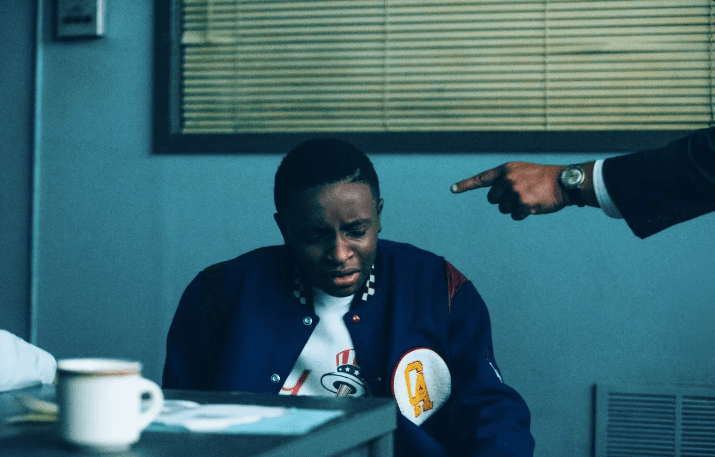
As a mother, you feel helpless when you watch your child deal with something, go through something, and, no matter how much you try, you can not remove the pain in their heart.
I didn’t want him to feel hopeless, so I talked to him about what we just watched.
I talked to him about how those boys (now men) must have felt. I reminded him again on what to do and what not to do if for whatever reason the cops pick him up.
We talked about why I need him to focus in school, about making good choices, about why I get nervous when he doesn’t check in with me.
I even quizzed him on what my phone number is, something I made him remember at the age of 6, for reasons like this. (I haven’t changed my phone number since he was 6 because of this.)
We talked and talked and when I saw he had calmed down, I told him we could watch another episode tomorrow night.
“Nah, let’s just get it done tonight,” he said. “But, can you order a pizza or something?”
He didn’t get up to go back to his chair across the room. My 15 year old and I sat there together on the sofa and binge watched When They See Us.
He saw his face in those boys.
I saw my face in their mothers.
We talked and smiled and yelled and cried.
Our pizza was there, but neither one of us had an appetite. We just sat there on the sofa, together, watching what could be us on the big screen.




